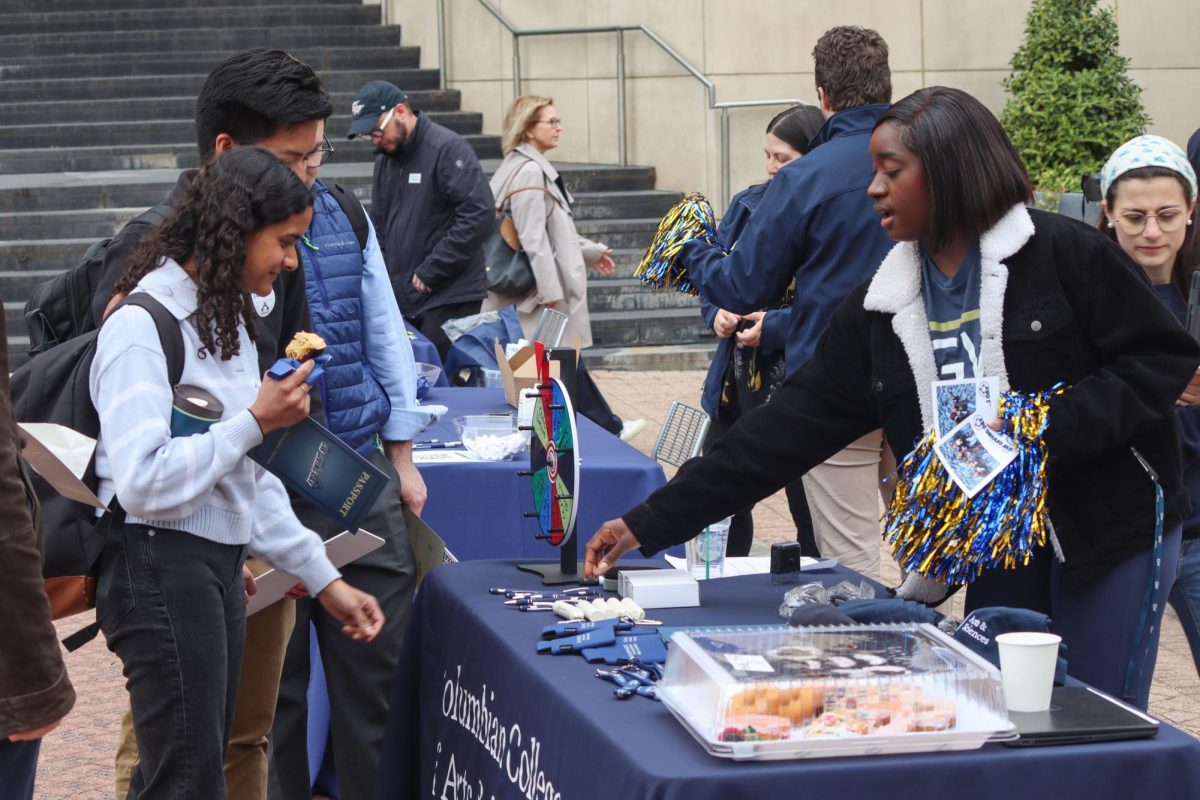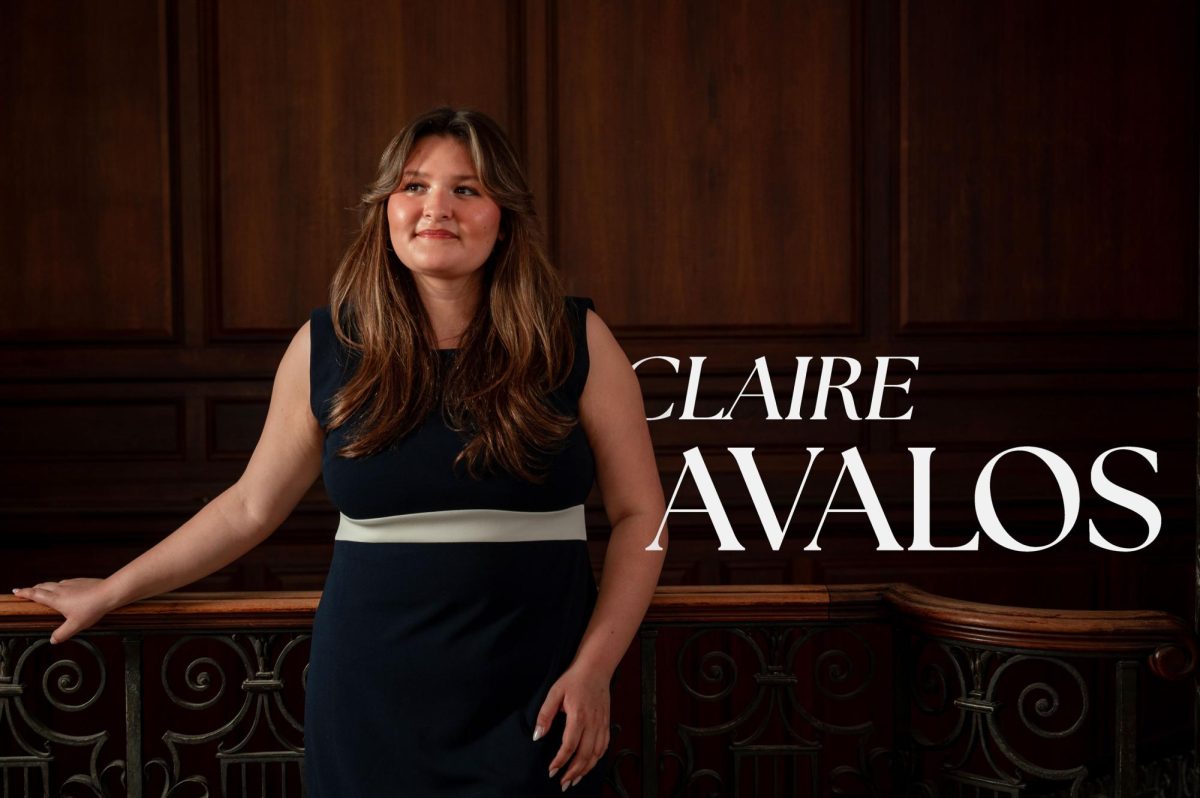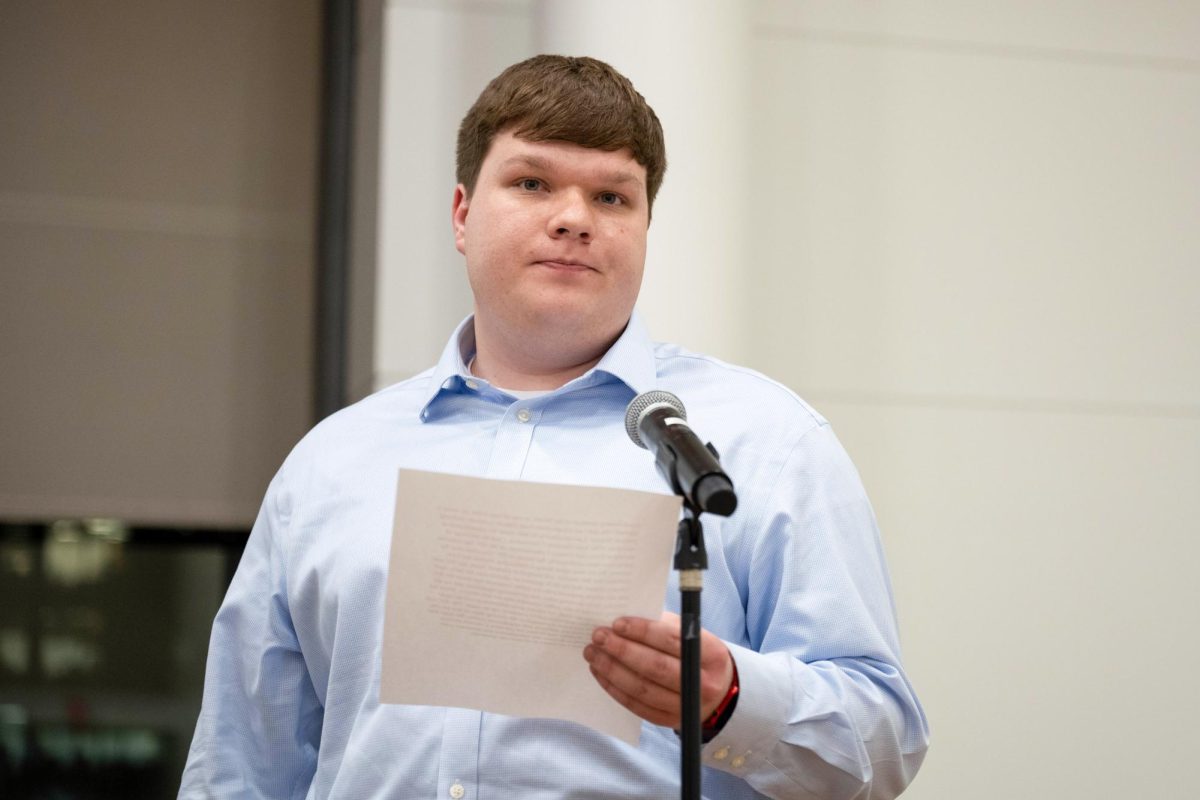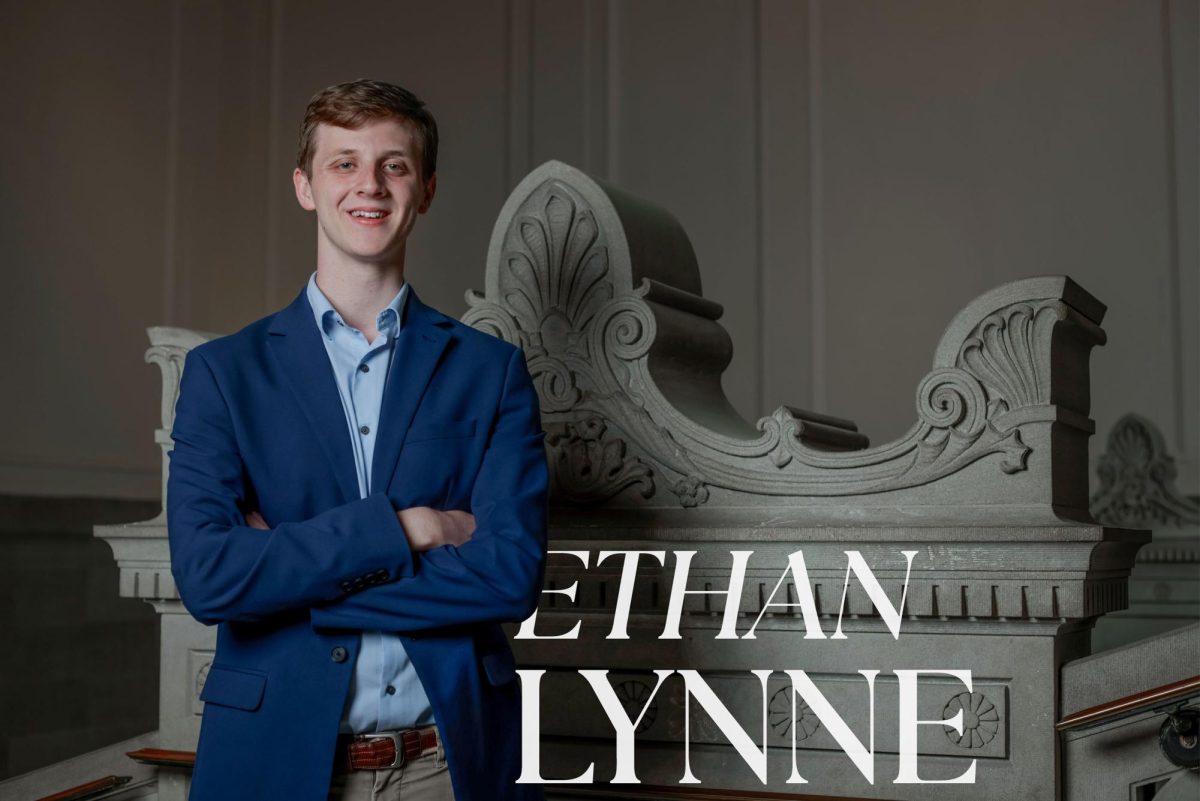Updated: Feb. 11, 2022 at 3:23 p.m.
The Student Bar Association Senate passed two pieces of legislation updating the SBA’s bylaws on student organizations and SBA elections at its meeting Tuesday.
The Student Organization Bylaw Reorganization Act revises the bylaws to allow law student organizations more flexibility when applying for recognition from the SBA. SBA Sen. Nicole Karem, a second-year law student who introduced the act, said the previous bylaws pertaining to student organizations were “outdated and in need of revision” to be more accommodating.
“It was really just a matter of trying to be respectful of students’ time while also giving them the option and giving the senate the option to hear from them if needed,” Karem said.
The act allows organizations seeking SBA recognition to submit and resubmit constitutions for their organizations in a “reasonable amount of time” while previous bylaws limited submissions to one per semester. The senate can invite leaders of a student organization seeking to become an official organization to speak before the senate to discuss their organization and how many members they have instead of requiring all student organizations seeking recognition to speak in front of the senate, according to the legislation.
The senate passed the Omnibus Election Rules Amendment Act, updating the SBA’s bylaws to reflect procedural changes, like updating the definition of electoral constituencies. The new bylaws will require senate candidates to seek the permission of opponents when mentioning them in their campaign materials or speeches under the legislation.
The senate also allocated more than $400 to a student organization advocating for Uyghur minorities at its meeting Tuesday to help fund its spring operations. SBA Sen. Jaden Taylor, a first-year law student who introduced the bill, said the SBA would fund a t-shirt sale run by the Uyghur Human Rights Initiative – a student organization established in 2020 to advocate for Uyghur minorities in China.
The SBA distributed about $150 to the Intellectual Property and Entertainment Law Brief to cover food costs for its first general interest meeting. SBA Sen. Bree Vculek, a third-year law student who introduced the bill to grant the funds, said the organization plans to write blog posts “in the sphere of intellectual property.”
The senate failed to override SBA President Jordan Michel’s veto on a bill, by a 9-to-14 vote, that approved a survey for the senate to send to faculty and administrators. The bill, introduced by SBA Sen. Garett May, would have sent a survey to law school faculty asking whether the availability of take-home tests in the spring semester would be more beneficial for students instead of traditional in-person exams.
Michel said he vetoed the bill because he felt he and faculty addressed the concerns cited in the bill, like the “dramatic issues” the MyLaw outage caused in December, without needing to send out a survey. He said he was “frustrated” by the bill because he felt it was giving too much responsibility to the executive branch by allowing it to create the questions and asked the senate to do more research on virtual exams before reintroducing the bill.
“I’ve seen bills come out that asked questions, half of which were answered through an email that I sent out by myself, by faculty, by admin two weeks earlier,” Michel said.
Karem, who voted to override the veto, said she felt the materials on virtual and in-person exams provided by the executive branch were difficult to find when writing this bill. She said it was “unfair” of Michel to assume the senate should know exactly who to contact when researching the bill.
“We’re all out here working really hard,” Karem said. “This idea that we should inherently know who we should have asked questions of when the senate and the exec are separate is completely unfair to us.”
The SBA Senate will hold its next meeting Feb 22 at 9:15 p.m. in the Law Learning Center.
This post has been updated to clarify the following:
This story has been updated to clarify that the senate’s attempt to Michel’s veto failed with 14 opposed and nine in favor.






